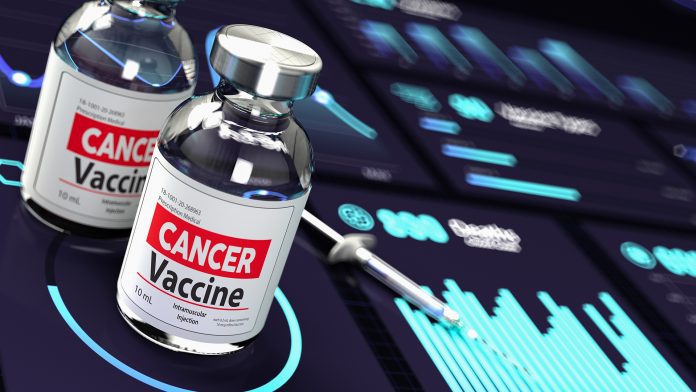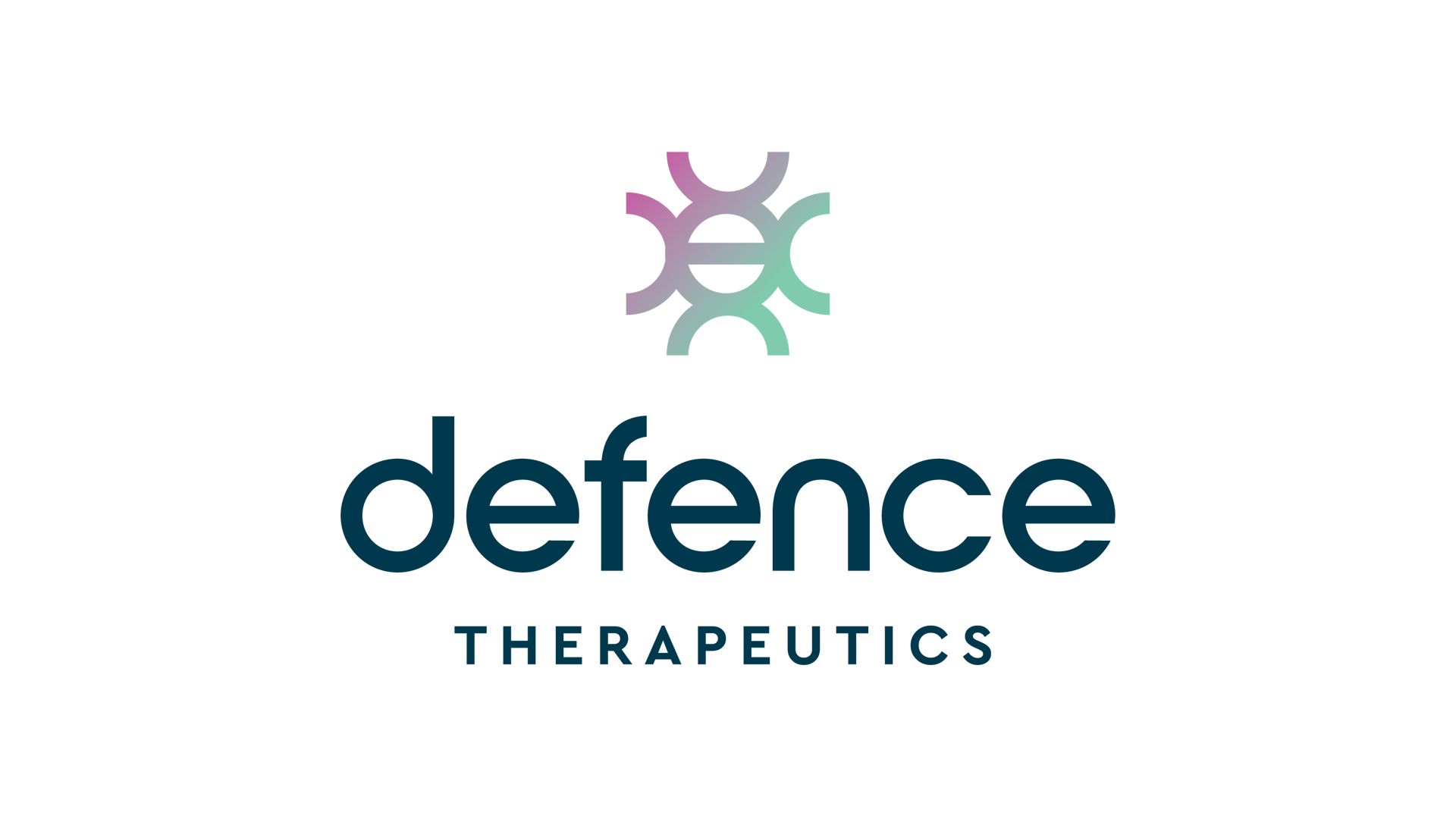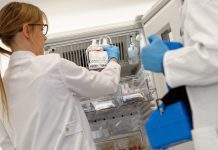
Biotechnology experts Defence Therapeutics are leading the fight against cancer and infectious diseases. Discover how their revolutionary drug enhancer platform is elevating cancer vaccine effectiveness.
Defence Therapeutics (DT) is actively working on a biological drug enhancer platform, termed “Accum”, capable of improving the efficacy and safety of various biological/biosimilar-based pharmaceuticals used in the treatment of cancer and infectious diseases. The Accum technology takes a multitude of biological/biosimilar-based pharmaceuticals to a new frontier by enabling efficient intracellular access while maintaining target cell specificity. The Company’s product pipeline focuses on effective intracellular access by different types of vaccines (DNA, RNA and protein) and by a protein-delivery system such as monoclonal antibody (mAb)-based therapies.
Development of Core Technology: Cell Accumulator (Accum)
DT’s core technological research was initially based on addressing a major and common challenge in the vaccine and antibody-drug conjugates (“ADCs”) fields limiting their efficacy. More specifically, when a target cell binds and internalises an antigen or an ADC, the complex is entrapped inside intracellular small vesicles named endosomes. Ultimately, these endosomes undergo maturation, leading to their degradation before eliciting their respective roles/function. Thus, endosome-lysosome entrapment is a significant issue limiting the efficacy of those types of therapy. With the Accum enhancer formulation, improved intracellular delivery of biological therapeutic agents could be obtained by inducing their escape to the cytosol, consequently improving their therapeutic efficacy.
Effective Vaccine Design
Besides ADCs, the Accum technology is highly suitable for the vaccination field. More specifically, antigens typically captured by dendritic cells (DCS) – the best antigen-presenting cells present in our body- are first entrapped in endosomes. While maturation of these endosomal organelles occurs, the pH decreases (becomes acidic ⁓4-5) to trigger the activation of specific enzymes to initiate non-specific antigen degradation. As a result, the generated fragments can then pass via endosomal pores to reach the cytoplasm, where specific antigen degradation occurs by the proteasomal machinery. Although this process occurs naturally, the generated antigen fragments are often damaged, which renders them unsuitable for proteasomal degradation.
Using the Accum technology, captured antigens are preserved in their natural conformation while being delivered to the cytoplasm. As such, proteasomal degradation leads to a higher number of immunogenic and stable peptides presented at the surface of DCs capable of eliciting potent T-cell activation.
A novel protein-based cervical cancer vaccine
With the exciting results obtained with all vaccines currently in development, DT is actively working on a program to develop a cancer vaccine capable of protecting or treating established cervical cancer. When tested in the context of prophylactic vaccination (before tumour appearance), the Accum-E7 cancer vaccine led to complete protection for more than 90 days despite three different challenges using the cervical cancer cell line C3.43.
A strong humoral response was also detected in the sera of Accum-E7-vaccinated mice. When tested on C3.43 proliferation in vitro, these antibodies elicited a 33% reduction in cancer cell proliferation. With these encouraging data in hand, a pre-clinical study was then designed to test the therapeutic efficacy of the cancer vaccine in animals with pre-established cervical cancer. A dose escalation study identified 10 ug of Accum-E7 as the optimal dose to control tumour growth when combined with various immune-checkpoint blockers (anti-CTLA4, anti-PD1 and anti-CD47). In fact, a survival rate of 70 to 100% was obtained with these antibodies. On the mechanistic side, the Accum-E7 cancer vaccine relies mainly on the CD8 T-cell population to exert its effect. This is exemplified by a complete loss of potency when the vaccine is administered along with anti-CD8 depleting antibodies.
In addition, the absence of cross-presenting DCs (via BATF3KO mice) also led to a loss of vaccine potency. In summary, these results highlight the importance of Accum in enhancing E7-derived peptides’ cross-presentation by DCs to CD8 T lymphocytes, a process further enhanced with ICIs. According to FDA regulation, a GLP study is currently ongoing as a final step to move the Accum-E7 cancer vaccine to clinical trials.
Summary
Defence Therapeutics has currently an extensive pipeline based on a highly versatile technology. The Accum-E7 cancer vaccine is another example of a protein-based vaccine easily developed with a strong efficacy for a specific tumour indication. The Accum moiety can thus be exploited for the future development of a line of vaccines targeting cancer and/or infectious diseases.
Discover more about the groundbreaking Accum technology by visiting Defence Therapeutics’ partner page

























